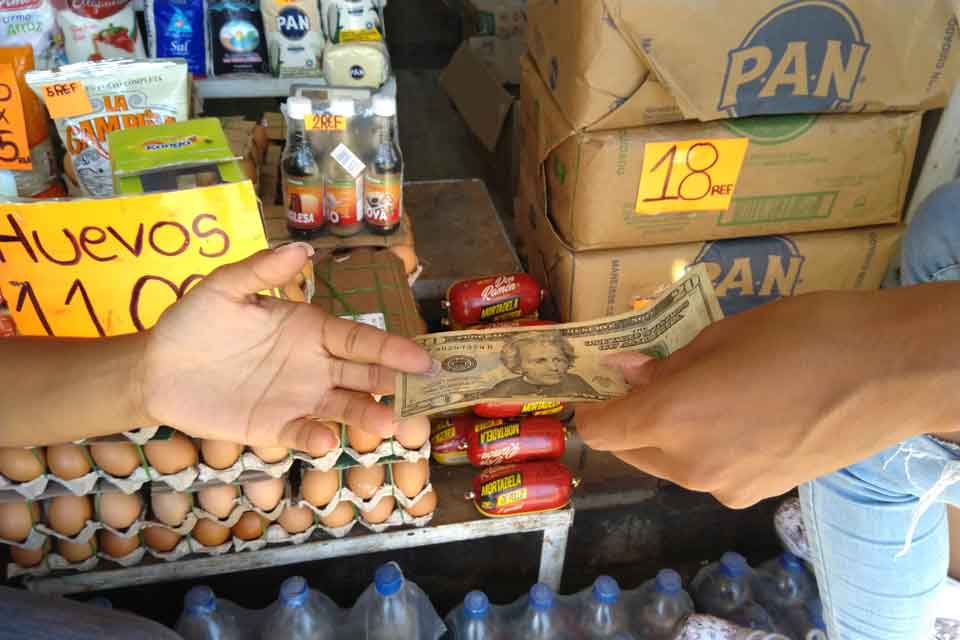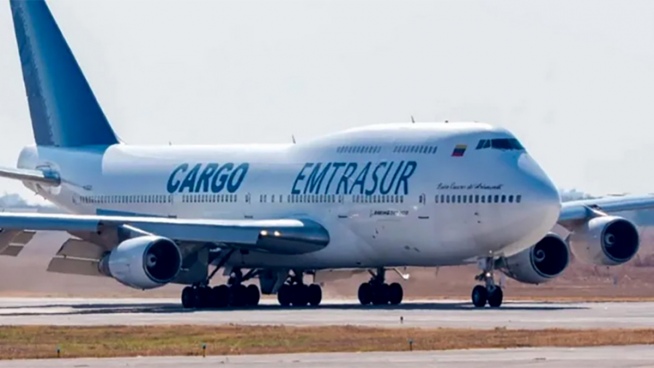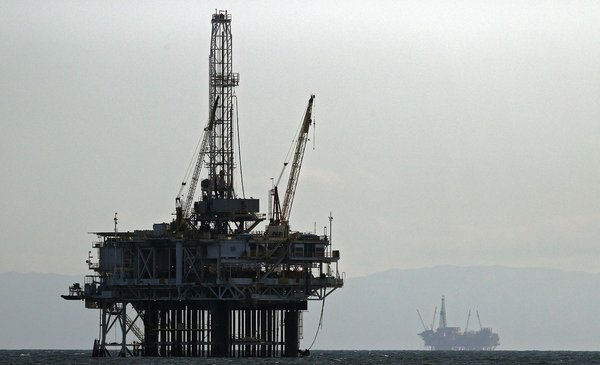Despite the fact that there are positive indicators in the economy, 95% of the Venezuelan population is poor, according to the Living Conditions Survey
Text: Adriana Nunez Rabascall
Despite the slight improvement experienced by the Venezuelan economy, few citizens perceive relief in their accounts. The International Monetary Fund and financial consultants project a growth of the Gross Domestic Product for Venezuela of between 1.5 and 8% in 2022, but this figure tells José Padrón nothing. For 38 years he has worked as a taxi driver, a job that allowed him to live comfortably.
“It served us for everything. We could change vehicles. It covered all the expenses, now it is enough for food as a joke », says Padrón while he hopes to get a client in a financial district in eastern Caracas. It has been 5 hours since he left for work, and in that time, he has not had any trips.
In January, hyperinflation closed a four-year history by pulverizing the income of citizens; but prices remain volatile. Between May 2021 and May of this year, inflation in Venezuela was 151%, the highest in the world, according to the Venezuelan Observatory of Finance.
That price explosion left Angela Piccinini unemployed, who sold imported goods in a shopping center in the Venezuelan capital. “I had my store, but I had to close it, because things increased, it cost me more to bring the products and the clients did not have that power, that strength to buy,” she points out.
*Also read: Economist Víctor Álvarez presented a study confirming that sanctions do affect the country
Although the indicators are positive compared to eight straight years of losing wealth, few feel that slight economic recovery. 95% of citizens are poor, according to the Living Conditions Survey, prepared by the Andrés Bello Catholic University.
“It is a very unequal economic growth that is highly concentrated in the ability to consume of a very small segment of the population,” explains economist and university professor Daniel Cadenas.
With salaries ranging between $30 and $100 a month, Venezuelans are among the lowest paid on the continent.
“If there is no way for wages in Venezuela to grow at a higher rate, and income recovers in real terms, and the bulk of the population can consume more, you will not have that feeling of well-being. It will be a growth that nobody realizes. Nobody perceives it”, adds Cadenas.
In the country there is not even an option to think in the long term, since there is no access to loans for housing, cars or to start a small business.
«People who want to buy have to do it on their own, with their money. There is no way to finance it,” warns financial analyst Henkel García, director of the Econometric firm.
Although informal dollarization was, in the words of President Nicolás Maduro himself, “an escape valve” for the economy; The government decided this year to once again promote the use of its local currency: the bolívar. For this, a 3% tax is applied for each purchase made in foreign currencies. But the problem remains that it is easier to find dollar bills on the street than bolívar bills.
Post Views:
94








